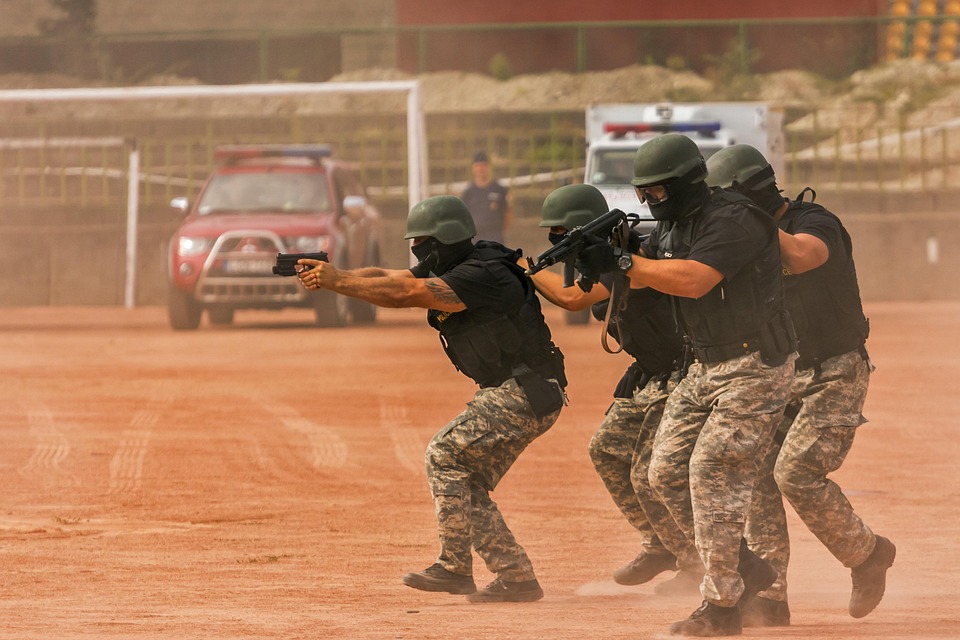Essential Interview Tips for Aspiring Police Officers: Your Ultimate Guide
Embarking on a career in law enforcement is both an exciting and daunting prospect. The interview process is a pivotal moment in your journey, and preparation is key. Here’s a collection of essential tips designed to help you shine during your interviews and secure that coveted position.
Understanding the Role
Before stepping into the interview room, it’s crucial to have a solid grasp of what it means to be a police officer. This isn’t merely about enforcing the law; it encompasses a myriad of responsibilities including community engagement, crisis management, and maintaining public safety. Familiarise yourself with local policing priorities and recent initiatives in your area. A genuine interest in community issues can set you apart from other candidates.
Presentation Matters
First impressions are formed within seconds, and your appearance should reflect the professionalism of a police officer. Opt for smart, conservative clothing that exudes confidence; a well-fitted suit or a polished outfit can work wonders. Pay attention to grooming as well; neat hair and clean, tidy attire will demonstrate respect for the interview process. Remember, you are not just applying for a job; you are representing the uniform you aspire to wear.
Body Language Speaks Volumes
Non-verbal communication can often convey more than words themselves. Maintain eye contact to show attentiveness and confidence. A firm handshake can convey assurance, while an open posture signifies approachability. Be mindful of your expressions; a genuine smile can create a welcoming atmosphere, helping to foster a connection with your interviewers.
Prepare for Common Questions
Anticipating the types of questions you might face can provide a significant advantage. Queries about your motivation for joining the police force, your understanding of key issues affecting the community, and scenarios requiring ethical judgement are commonplace. When formulating your answers, use the STAR technique (Situation, Task, Action, Result) to structure your responses effectively, illustrating your thought process and problem-solving abilities.
-
Motivation: Clearly articulate why you want to become a police officer. Is it a desire to serve your community, uphold justice, or perhaps a personal experience that has shaped your ambitions?
-
Understanding of the Role: Demonstrate awareness of the challenges faced by officers and articulate how you plan to tackle them. Discuss your views on modern policing methods or community engagement strategies.
-
Scenario-Based Questions: Be ready to tackle hypothetical situations. Think through the implications of your decisions and how they align with police values.
Questions for Your Interviewers
Interviews are a two-way street, and asking insightful questions can reflect your enthusiasm for the role. Inquire about career development opportunities, the team dynamics within the department, or how they address challenges within the community. Such questions not only demonstrate your interest but also help you gauge whether the organisation aligns with your values.
The Power of Reflection
Post-interview, take a moment to reflect on your performance. Consider what went well and areas for improvement. Whether it’s refining your answers or enhancing your body language, self-assessment is a tool for growth. Remember, each interview is a learning opportunity, regardless of the outcome.
As you prepare to embark on this journey, keep in mind that your passion for service and commitment to the community will shine through. With thorough preparation, a professional demeanor, and a willingness to learn, you can navigate the interview process with confidence.
CVPortal is continuously bringing you a range of high-quality CV references to aid you in your career aspirations. Embrace this journey with enthusiasm, and you may soon find yourself donning the badge you’ve always dreamed of wearing.


